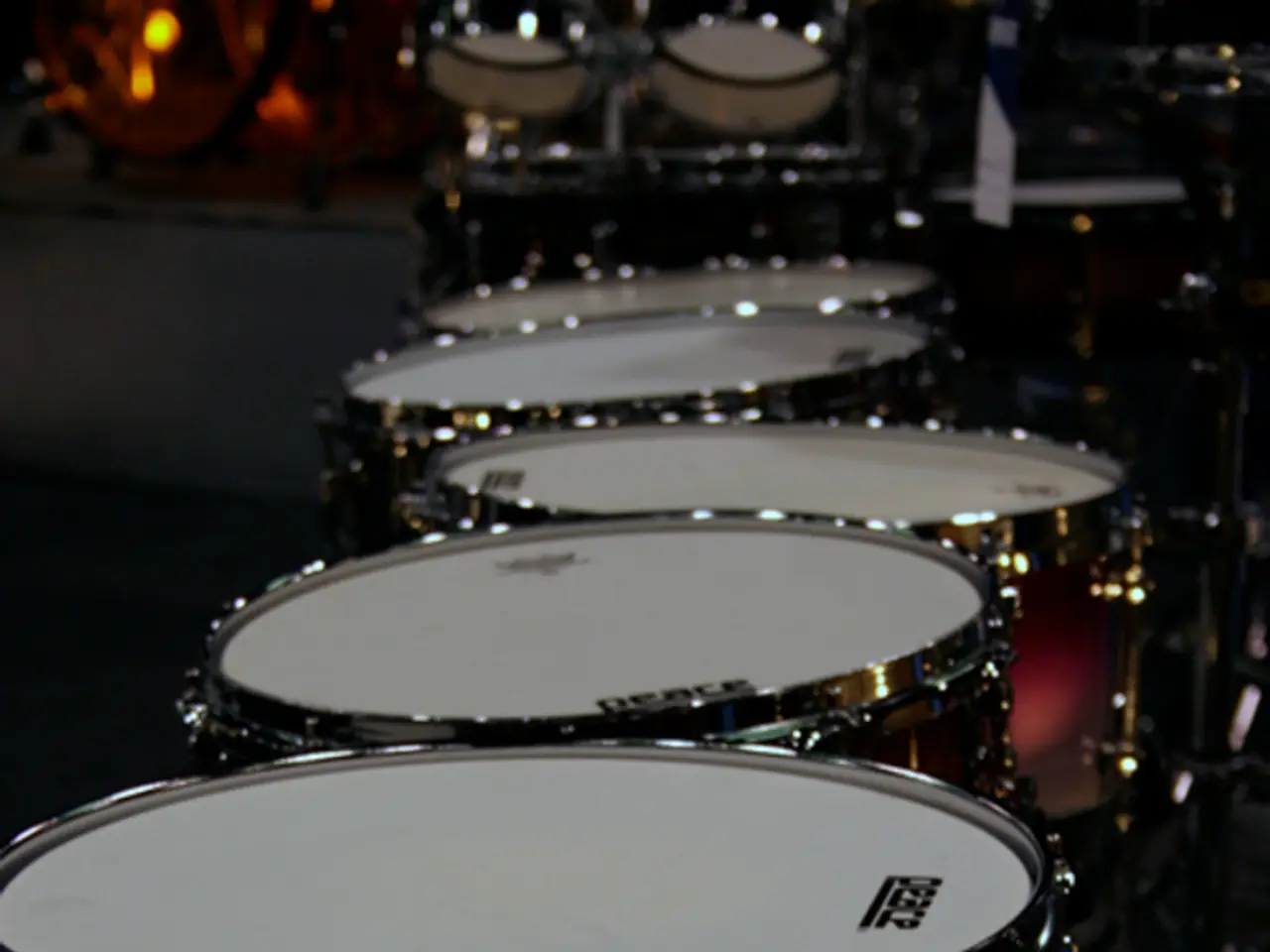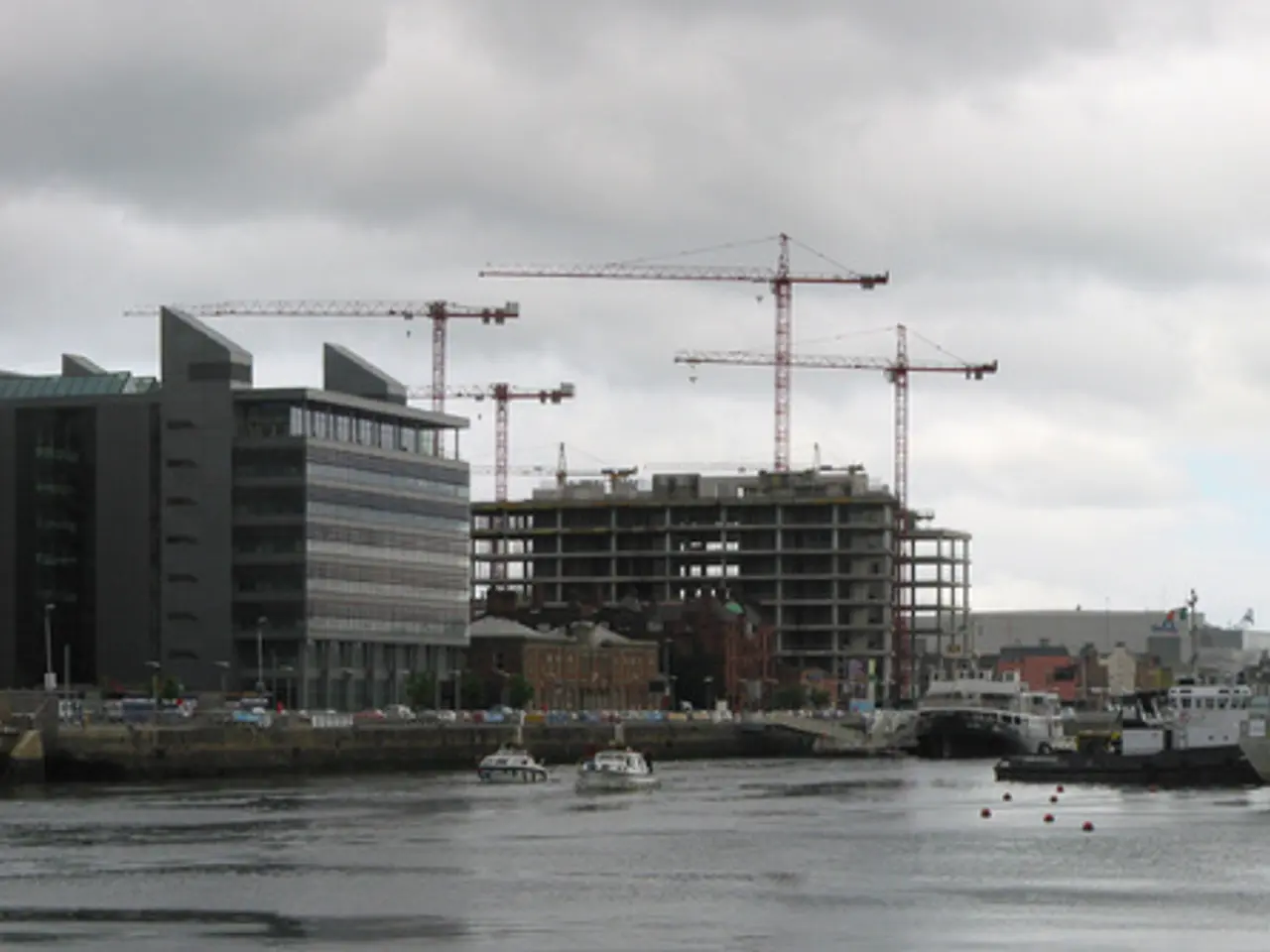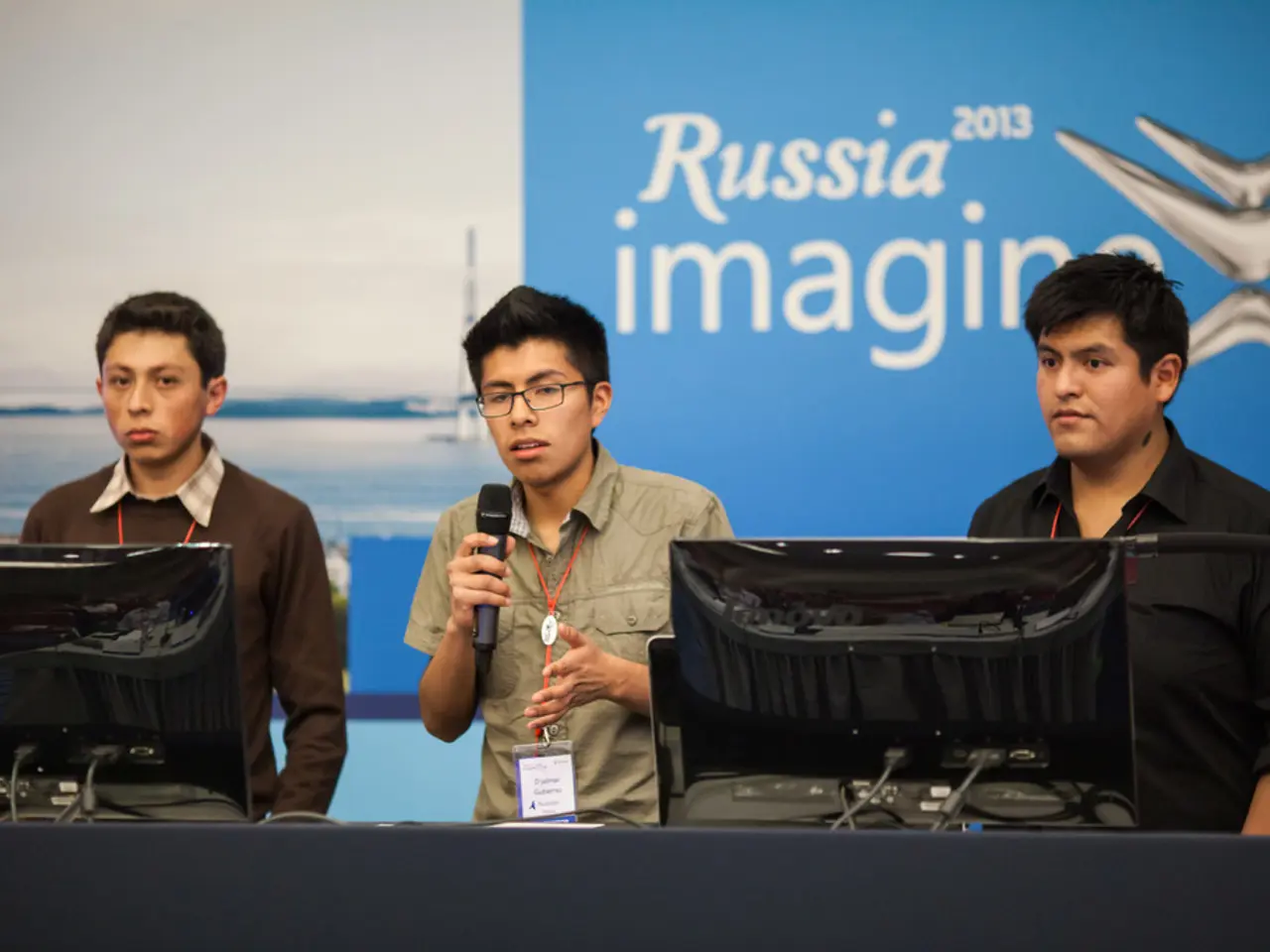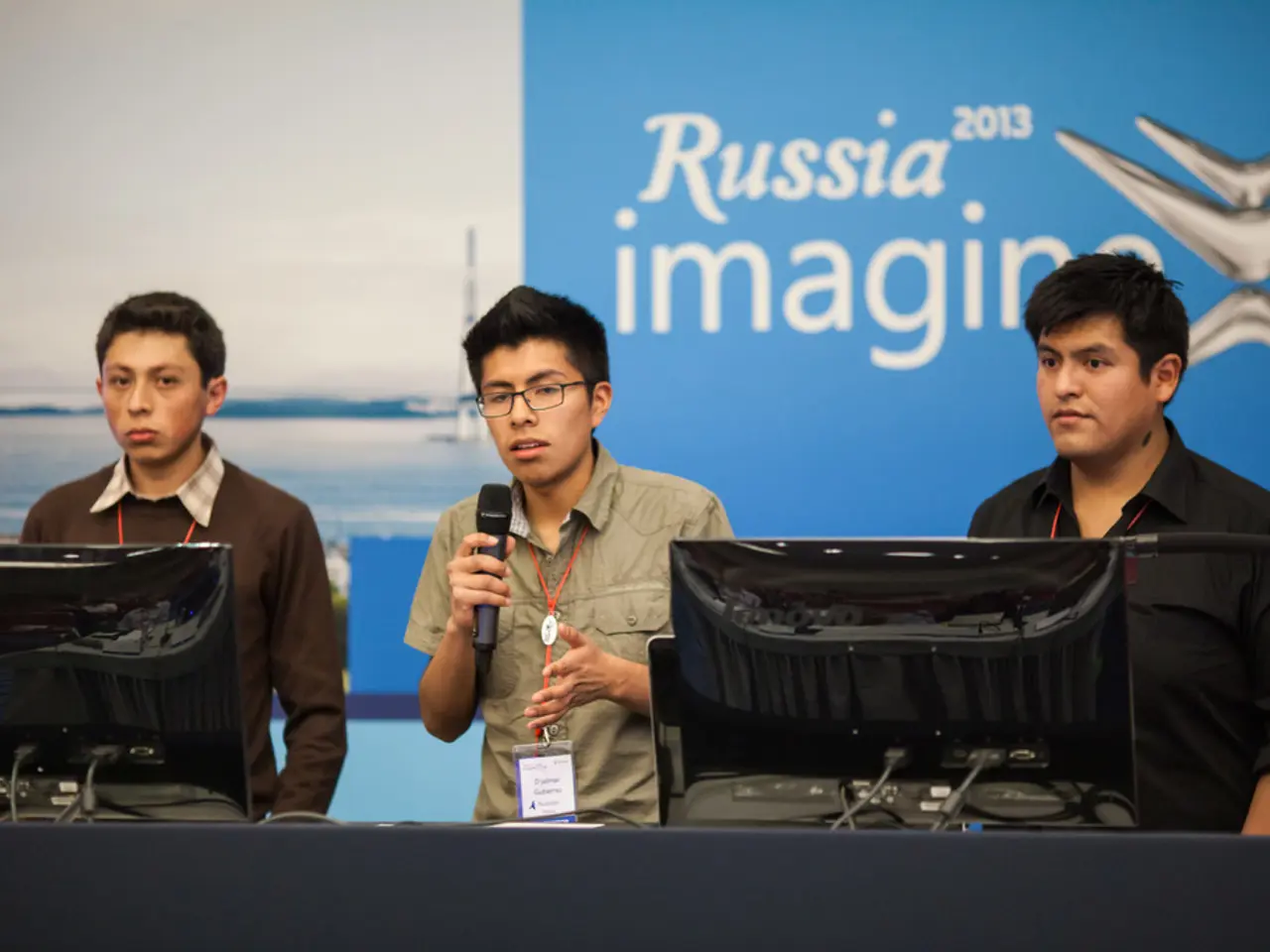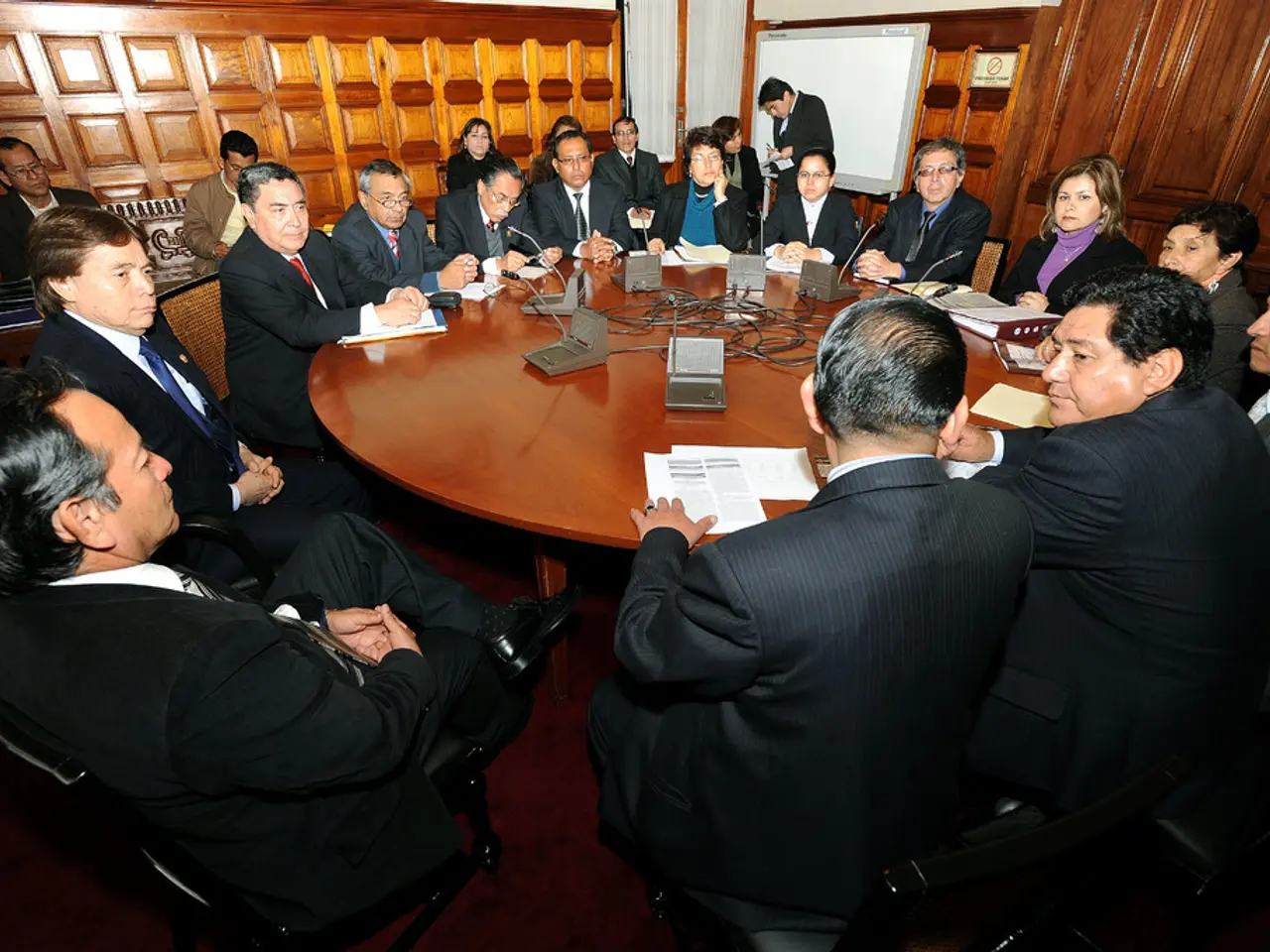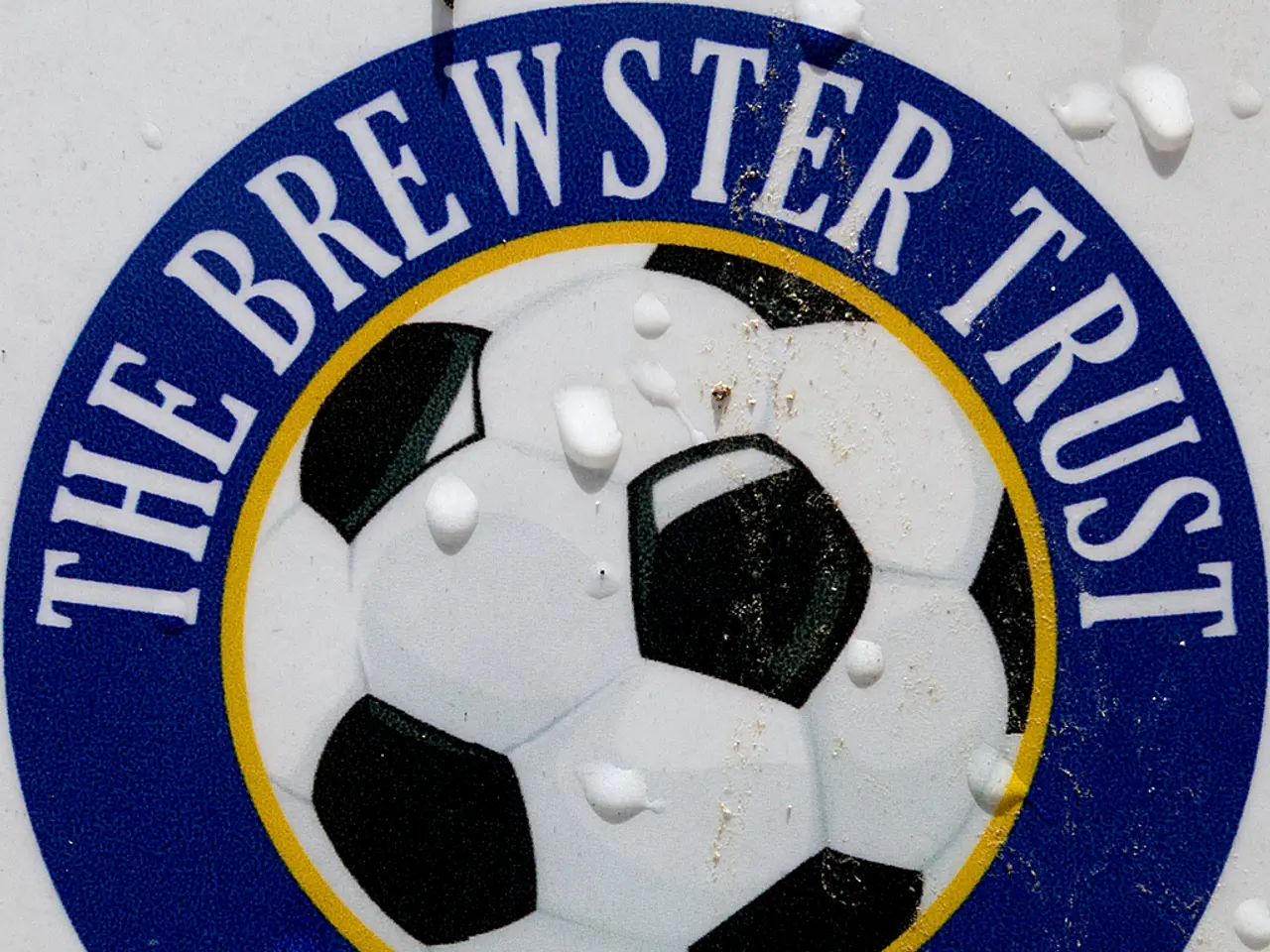U.S. Increases Incentive for Capture of Nicolás Maduro due to Escalating Drug Smuggling Accusations
In a move aimed at intensifying pressure on the embattled Venezuelan President Nicolás Maduro, the United States has doubled the reward for his capture from $25 million to an unprecedented $50 million. This decision, part of a years-long campaign of indictments and sanctions, comes following fresh EU sanctions targeting Venezuelan officials and the UK's alignment with US policy, freezing assets and limiting diplomatic engagement.
The US allegations of Maduro's ties to drug trafficking and transnational crime groups have significantly heightened Venezuela's international isolation and intensified internal political conflict. These allegations, which culminated in the historic US bounty, highlight US accusations that Maduro leads a vast narcotics trafficking operation collaborating with powerful criminal groups like Mexico’s Sinaloa cartel and Venezuela's own Cartel of the Suns. The US Department of Justice has also seized millions in assets linked to Maduro and his close allies.
Domestically, the accusations and related US actions have deepened Maduro's political isolation and opposition challenges. Protests and clashes with security forces have followed, fueled in part by the international allegations against Maduro's legitimacy and governance. Opposition figures like Edmundo González are backed by the US and allies as the rightful leaders, further polarizing Venezuela’s political landscape.
However, Maduro’s regime uses the US allegations to rally nationalist sentiment and reject American intervention, framing the accusations as imperialist attacks on Venezuela’s sovereignty. Large pro-government demonstrations have mobilized in Caracas denouncing the drug trafficking claims as “ridiculous” and “political propaganda,” emphasizing Maduro’s narrative as the elected leader and victim of US aggression.
Internationally, the US-led stance has pushed Venezuela further into diplomatic isolation with Western countries, while driving it closer to allies like Iran and Cuba, which have also been accused of involvement in illicit networks tied to Maduro’s government. Sanctions have contributed to Venezuela’s economic collapse, which Maduro blames on US aggression, resulting in significant humanitarian and geopolitical repercussions in the region.
The timing of the US doubling the reward for Maduro is notable, following fresh EU sanctions and UK alignment. The US Attorney General, Pam Bondi, accuses Maduro of direct ties to Tren de Aragua, the Sinaloa Cartel, and other transnational crime groups. The DEA's seizures point to a well-organised trafficking operation protected by elements within Venezuela's military, often referred to as the "Cartel of the Suns."
Maduro denies all charges, calling them politically motivated. However, the conviction in June of his former military intelligence chief, Hugo Carvajal, has raised questions about whether further insider cooperation might follow. Historical examples show such bounties can succeed in destabilizing political strongholds. Analysts suggest that the increased bounty could push Maduro closer to non-Western allies such as Russia, China, and Iran.
The recent path of Hugo Carvajal illustrates the possibility of bounties leading to the capture of high-profile targets. Western allies welcome the news of the US doubling the reward for Maduro, with regional reactions varying, some governments remaining cautious and others taking a more neutral approach. The US aims to increase international cooperation on the case by publicly linking Maduro to such organisations.
The US increase in the bounty for Maduro's capture to $50 million, following EU sanctions and UK alignment, is a significant development in the general-news domain, particularly in the politics and crime-and-justice sectors. This action underscores the US allegations that Maduro leads a vast narcotics trafficking operation, collaborating with powerful criminal groups, a claim that has intensified Venezuela's international isolation and internal political conflict.
